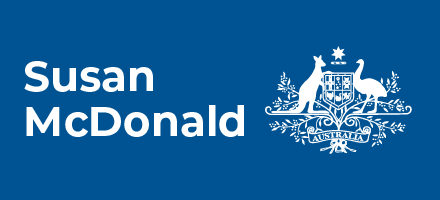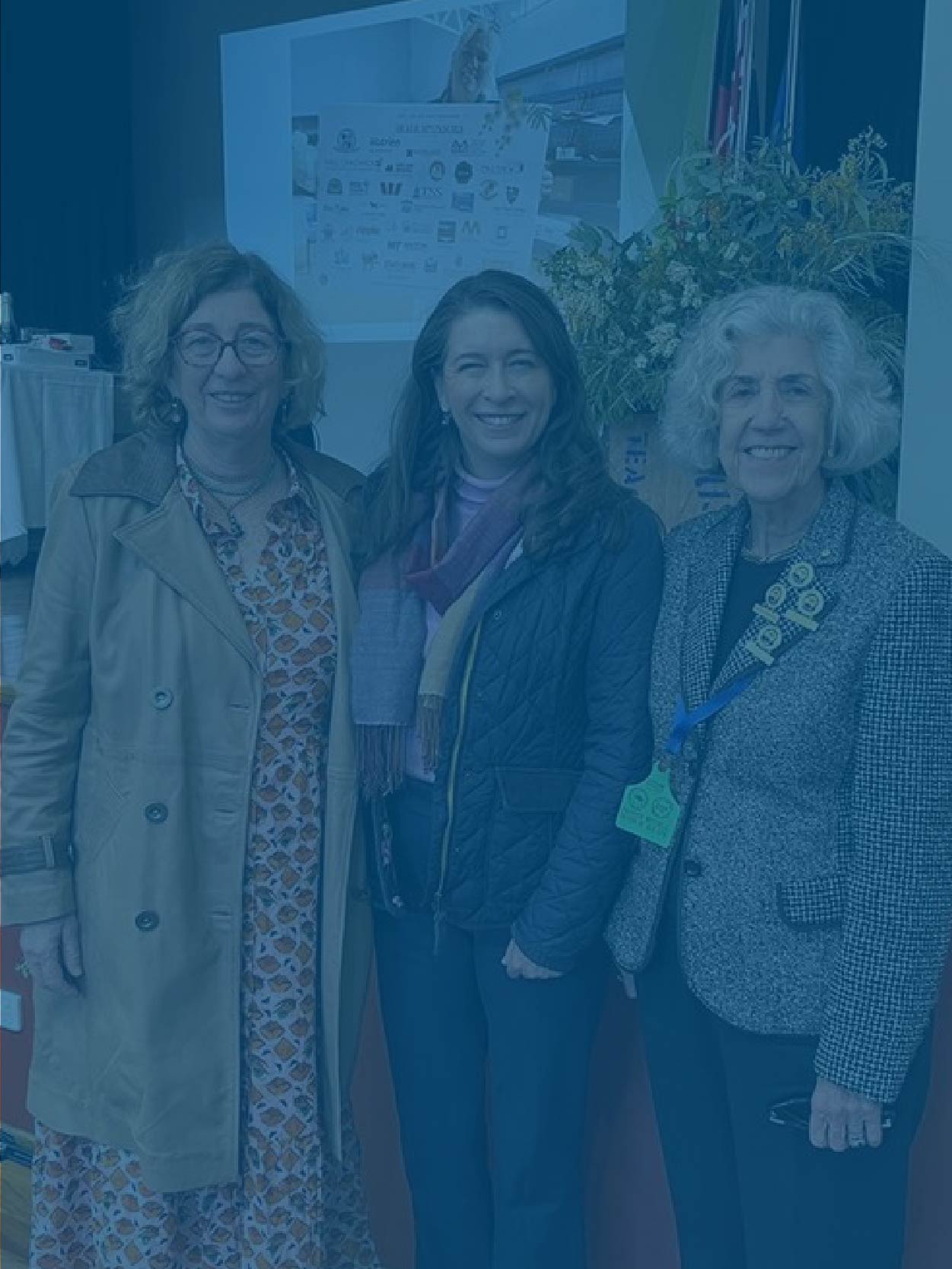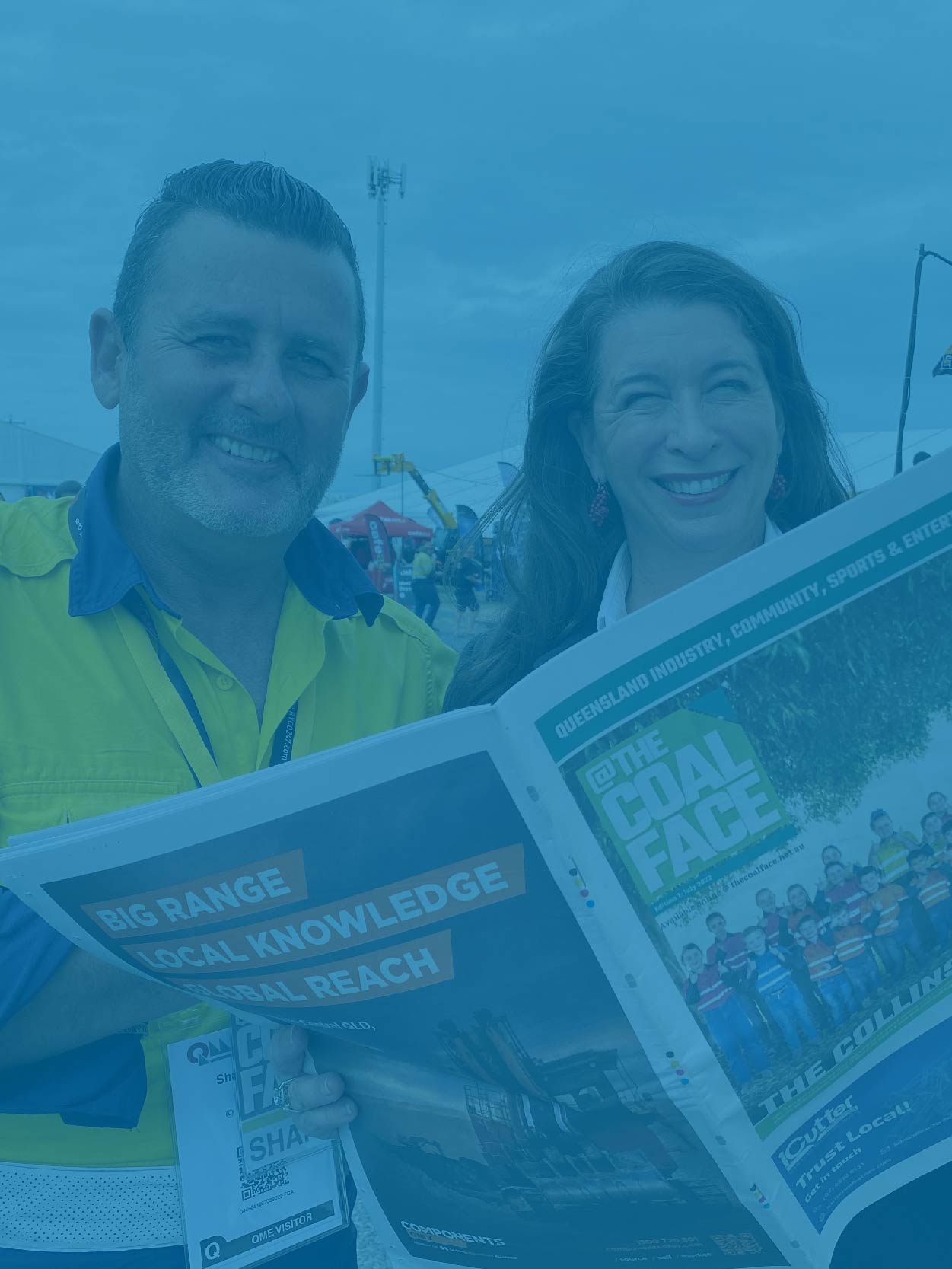It is with much pride that I stand before you to make my first speech in the Senate. It is an incredible privilege to be elected by Queenslanders to be their voice in the Australian parliament in the Senate, the house that makes the ultimate determination on the passage of legislation. I take my seat in this chamber not because of any quota and not because of any faction. I do not believe in identity politics, because that leaves behind people who do not share that same identity.
I’ve been elected as a senator for Queensland courtesy of a party that preselects on merit, and courtesy of Queenslanders who endorse that principle.
I thank Queenslanders for entrusting me with the ultimate responsibility of representing our state, from Camooweal to the Cooper and Cooktown to Coolangatta. I will work tirelessly returning the faith they’ve placed in both me and the Liberal-National Party. Like so many in this chamber, I’ve been selected by a party—in my case, the LNP—to stand on its behalf. I chose to stand before its membership, and I asked for the opportunity to be their voice as their candidate on the Senate ticket. They entrusted me with that privilege, and for that I say to all the LNP members: thank you.
Australia is an island nation, and I am from the big country. I’m a Cloncurry woman. I’m moulded from the red dirt of north-west Queensland. The minerals run in my veins and the blue sky fills my eyes. I’ve grown from two families that have given their lives to the north of Australia. On my mother’s side: from my grandmother comes the practicality of a bush nurse and a long line of organising woman; and a grandfather who started his mining career with candles and finished by building the most modern mine known in the world at Mount Isa. Tough but fair, my grandfather’s proudest achievement was ensuring affordable housing was accessible to workers so they could make their home in Mount Isa, because people matter. People from 43 different nations came from all over the world and, with a tough-minded optimism, forged a new life in north-west Queensland. On my father’s side: from my grandmother came harbourmasters; and my grandfather’s line of generations of cattle production, from Tasmania to South Australia—and, finally, in the 1860s they called Queensland home.
The Australian agricultural industry will always remain close to my heart, and in this place I’ll continue to promote the industry’s credentials, particularly around the right to farm and sustainability, and protect it from poorly informed activism born from the growing city-country divide. I come from the land, from a family that prioritised the importance of being a part of our community and understanding the land we live on; that balanced business commitments and our family commitments. I’ve lived the life of a child, a student, an accountant, a butcher, a mother, an employee and an employer. Thanks to my father, I can block up a bullock, crack a stockwhip and strain a fence. Thanks to my mother, I can cook for a stock camp, balance work with family and know the value of being a community volunteer. I was educated by School of the Air and distance education and boarded at a school that was founded by the Sacre Coeur society in the 1800s to educate young women. I have degrees in commerce and economics from the University of Queensland.
But as a child I walked through the cemeteries of ghost towns like Kuridala and Kajabbi, Ballara and Selwyn, and I read the gravestones of children who’d died of disease and young men killed in accidents. With a strange blend of sadness and admiration, I marvelled at how tough their lives were. My grandfathers taught me that the difference between these country towns and the cities was not that great. Both had the modern facilities of their times: ice-makers, generators, hospitals and hotels. They taught me that families like my Scottish forebears, like the Chinese miners and market gardeners and the Afghan traders and camel drivers, all came to the regions because the opportunities were the same or better than those of the cities. Opportunity was available and there was a fair go for those that had a go.
For if the cities are the head and the nervous system of our national body, regional, rural and remote Australia are the heart and the soul, the guts and the arteries of that body. It is regional, rural and remote Australia that provided our uniqueness that shapes our character and culture; that gave us Anzacs marching off to war from country towns; of laconic farmers and dusty fettlers; of Aboriginal and Torres Strait Islander Australians being joined by men and women from every nation on earth, and being joined in a common purpose: to build a future for them and their families. Not only is regional and rural Australia the heart and soul, it’s the economic backbone, with just one-third of our population contributing more than 30 per cent of our GDP and often on an uneven playing field. Imagine if that playing field became more fair. Realising the true bold potential of the regions is in all Australians’ interests, and I pledge to be unashamedly relentless in pursuit of this goal. From the regions we generate energy, harvest our food and fibre, extract our resources and grow the young people who go on to lead our nations in sport and companies and urban communities, and these bright and impressive people are our sorely needed dreamers—they see the challenges but also the opportunities. I will use my time in this place to ensure our regional and rural young people receive their own opportunities to benefit Australia.
Challenges are a good thing. They give us the most innovative thinking in the world, driving scientific achievement and world-leading advances in agriculture, mining, medicine and communications. Qantas was born when two men, Hudson Fysh and Paul McGinness, were surveying air strips for the first England-to-Australia air race in 1921. They helped local grazier Fergus McMaster fix the broken axle on his car on the banks of the Cloncurry River. Together, they dreamed of an aerial service that would beat the tyranny of distance and connect regional Australia. At the age of 87, Alexander Kennedy, another Cloncurry cattleman, was the first fare-paying passenger when Qantas flew from Longreach to Cloncurry in November 1922. The ashes of this man rest at a memorial at Devonport, the place that would become my childhood home.
Qantas was established to liberate regional people from the tyranny of distance, to embrace the new technology of flight, to make regional Australia an easier place to live, and to provide for opportunity to the businesses and families living away from the capitals. In the same era, Reverend John Flynn, whose Australian inland medical team established the first flying doctor base in Cloncurry, with the first flight taking off in May 1928. In doing so, our huge remote island nation was provided with arguably the largest mantle of safety in the world.
In 1960, again in Cloncurry, the first School of the Air lessons were broadcast by Miss Bridget ‘Bid’ O’Sullivan to provide education to the children of our remote communities. She laid the foundations for Mrs Seccombe and Mrs McGrath, two of my School of the Air teachers, to teach everything from debating skills through to how to play the recorder, all over the air—and for one of those skills I am grateful!
These inventions and institutions survive and flourish today because they have in their hearts something unique and important—a connection to our remote and regional spirit of ingenuity and innovation—and they have at their core that people matter. Through these services as a child, I benefited from the imagination and foresight of others and, as an adult, as a senator, that imagination and foresight will inspire me, it will guide me and it will drive me.
I don’t come to this chamber viewing governance through the prism that Australia is or ever should be two parts—the cities and the smaller regions—and both subject to different standards; instead, I come into this chamber knowing that a successful Australia is one big country. The federal party room I sit in, the Nationals, is the greatest champion of Australia being one big country, a big country where all people need secure, reliable and affordable water, electricity, services, communications and transport.
This big country needs dreamers, giants who imagine more, not less, who understand that a great place to live is where people are successful and where communities are prosperous. Successful communities are resourced to look after their environment and their people because people matter.
Sadly, these opportunities—the evenness of advantage between bush and cities, between regional and urban—began to diverge somewhere, by my best reckoning, in the 1990s. It was a time of productivity commissions and user pays. It was the time that the ground cracked, and the chasm that divided regional communities and urban places began.
That gap has widened to the point that something dramatic needs to happen to revitalise the heart and the soul of our nation: to draw our people home. We need a whole-of-nation approach, a genuine partnership between council, state and federal government that restores the services, the infrastructure and the people back to our regional, rural and remote areas. We need bold economic policy, including taxation zones and rebates, that incentivises businesses and people to escape the urban congestion of our cities and build successful, people focused businesses in our regions.
In one big country, decentralisation shouldn’t just be a policy of government. It should be the business of government, entrenched across the political divide as the natural way of government. I’ve seen governments remove services and justify it with the argument of falling populations: a maternity service closing, railway sidings pulled up and words like ‘mothballed’ introduced to the government vocabulary.
Yet, when it comes to the cities and there is an inadequate population to ensure public transport is affordable, suddenly billions of dollars in annual subsidies are provided. And that’s good. That shouldn’t be begrudged, because that is the role of government. But when it comes to rural health services, to the education of kids and to building significant infrastructure, government must not turn around with the calculator and a balance sheet in hand and say that an inadequate population makes these crucial growth services uneconomical.
We are celebrating the 50th anniversary of the first moon landing this week, and we mustn’t forget that in the lead-up to 1969 this too seemed too bold an idea, too impossible a task, but look at where we are today—our space sector Australia is worth $3.9 billion, employs more than 10,000 people and we’re looking at using space data to map water in agriculture. To our people in 1969, I’m sure this seemed an impossible task, but we in this place must remember we are masters of our own destiny—not chained to the past, but invested in the future.
We must walk the talk on decentralisation—we must place government services and vacancies for transport and water, for mines and environment, for health and education in places close to these activities and ask ourselves not ‘Why?’ but ‘Why not?’ By focusing on genuine decentralisation, we can deploy investment in infrastructure to drive the diversification of enterprise to the regions. We must work in partnership with local and state government and with industry—the roads, the electricity web, the telecommunications technology, the aviation networks, the rail connection—that unify all Australians in one big country.
In the regions, we rely on roads and airports. And there is no moral reason why it should cost more to fly from one of our capital cities to one of our regional towns than it does to fly overseas. In our big country, it is timely that we review our aviation industry and ask, ‘Why does it not flourish?’
We can build the water infrastructure. Water is the building block of life—human, agriculture, food production and community. Without water, frankly, we die. But Australia is unique. We have many great river systems but, unlike other continents, they only run with water seasonally. It is time we focus our ingenuity on capturing some of these flows. Because if we do not capture water, we cannot manage water and manage it to smooth the climate variations of our land.
There are many water projects that are available to us that provide water storage and management, close to suitable land, to communities and to transport. To my mind, these are the development of a network of micro dams, at Big Rocks Weir, Charters Towers, Emu Swamp Dam, Stanthorpe, Hughenden Irrigation Scheme project, Cave Hill Dam, Cloncurry, Rookwood Weir, Rockhampton, Lakeland Irrigation Area Project and Hells Gate in North Queensland. It is beyond comprehension that any town in Australia should run out of water in this day and age. I’m committed to seeing well-paid regional jobs in water science for our young people to keep them and bring them home, and to seeing mining engineers educated in Australian universities. Last year saw only 10 mining graduates from The University of Queensland, and our mining expertise is now being grown overseas.
Today we’re living through the greatest period of change ever seen in this world. The rate of innovation and digital capacity, both in hardware and software, is putting extraordinary pressure on people to adapt, but at the same time it is opening the greatest ever opportunities for more skills and more services to be delivered remotely by remote dwellers. In Australia we have a wonderful ‘unfair advantage’ in this space. As a nation used to enormous climate variability, to huge distances and to the challenges of being an exporting nation in a region and a world hungry for our produce, Australia has batted well above its weight in the introduction of modern technology-based solutions to extreme challenges. We can better utilise the capacity of the CSIRO for critical investment, both publicly and privately, in science. Research investment is currently underprioritised, and many of our brightest are forced to search for research funding every year. We can unleash the capability of the regions. Better internet connectivity will make living and working regionally both possible and affordable.
One of Australia’s greatest female leaders, Mary MacKillop, said, ‘You teach more by example than by word.’ So in this term I will be regionally focused in my actions and in my words. I will seek innovation and will support legislation that provides a framework for opportunity and growth for our people, because it is people that matter. For I believe in Australia, in our regions and in our people.
Now I must turn to those who believed in me. I’ve had the joy of working with butchers and the broader team at Super Butcher and of meeting families of every description that I am honoured were our customers. As a retail business operator with the perfect job, of providing the best of Australian meat and meals to families, I do know the sleepless nights and the daily competition of competing for the ever scarce dollars of discerning and busy Australians. I know the responsibility and, often, stress that comes with ensuring your employees get their weekly pay cheques and with paying your bills, often to other small-business owners who share the same stresses. But, better, I know the satisfaction of building and developing a team of exceptional people. To Danny, Lisa, Simon, Dallas, Mat, Chanel, Mitch, Teagan, Bryce and Scott, to Joel, Joe, Jagath, Warren and Jaden and all the team at Super Butcher: I will miss you. You each taught me something important that I will bring in to this chamber.
My style and personality may be vastly different, but I also follow in the footsteps of outgoing LNP senator Barry O’Sullivan. Like the current Nationals Senate team in this chamber, he has taught me something about the importance of keeping a laser focus on the policies and actions that affect the daily lives of regional Australians, such as his relentless championing of the royal commission into the banks and the practices that it exposed.
But the people who have taught me the most, moulded me the most, championed me the most, believed in my the most and, alas, on occasion, had to chastise me or console me the most are my family. Like others giving a first speech, I am blessed that so many of my family have joined me in the gallery. I can’t put into a single speech what each and every one of them means to me. No length of speech and no number of glowing adjectives would do them justice. My mother and father have been extraordinary in their support, and for that I am very grateful—your example has been an inspiration to me. This year they celebrate 50 years of marriage. My two sons, Hamish and George, are here today. My daughter, Lucy, can’t be here today—it’s the first day of a new semester of university for her. I’m proud that they have listened when I have told them that they need to show up every day, work hard and be ready to put their hand up for opportunity when it comes. We need more women in leadership in business and politics, and I believe the pathway is preparing and training a new generation so they are prepared, confident and chosen for their skills, not for their gender. My children know that they mean the world to me, and on every bill I vote on I will be mindful of what it means to their generation.
To my brothers, Zanda and James, we grew up together in an isolated place. We were classmates and workmates. We played together as kids and adults. You are my best friends. I love you and thank you both. Jim, I’m so happy you can be here today, along with my cousins Sophie and Marijke. Zanda, although you’re not here to see me make this speech today, you still continue to guide my actions as I hear your voice. To Julie, Zanda’s wife, thank you. Like all my family, you are an inspiration and a source of strength.
To the Queensland LNP Senate team of Paul Scarr, Gerard Rennick, Ian Macdonald, Amanda Camm and Nicole Tobin, the campaign meant many hours on the road, speeches and late nights, and your good humour, support and hard work made the last year a pleasure.
To the many members of the LNP who volunteer their time over countless hours, thank you. As a party member for 30 years, I value your commitment of time and energy to our shared values enormously. There are too many people to name you all, but a special thank you to Jane McNamara, Ron Bird, Beth Honeycombe, Vicki Howard and Rod Johannsen for being particularly helpful. To Tim Fischer and Lawrence Springborg, thank you for your leadership. Thank you for being here for this first speech.
The time is now to realise the full potential of this country for all Australians. It is the time to bridge this divide and secure our nation’s future prosperity. Like Pastor Basil King, I urge that we go at it boldly. You’ll find unexpected forces closing round and coming to your aid, because Australians matter.




